
POLITICAL ECONOMY RESEARCH INSTITUTE
Pedestrian and bicycling infrastructure such as side-walks, bike lanes, and trails, can all be used for transportation, recreation, and fitness. These types of infrastructure have been shown to create many benefits for their users as well as the rest of the community. Some of these benefits are economic, such as increased revenues and jobs for local businesses, and some are non-economic benefits such as reduced congestion, better air quality, safer travel routes, and improved health outcomes.












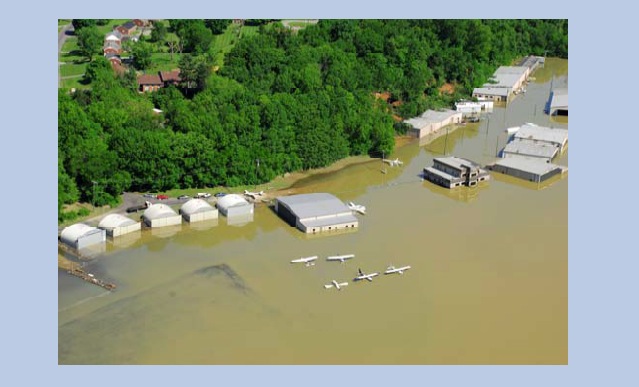
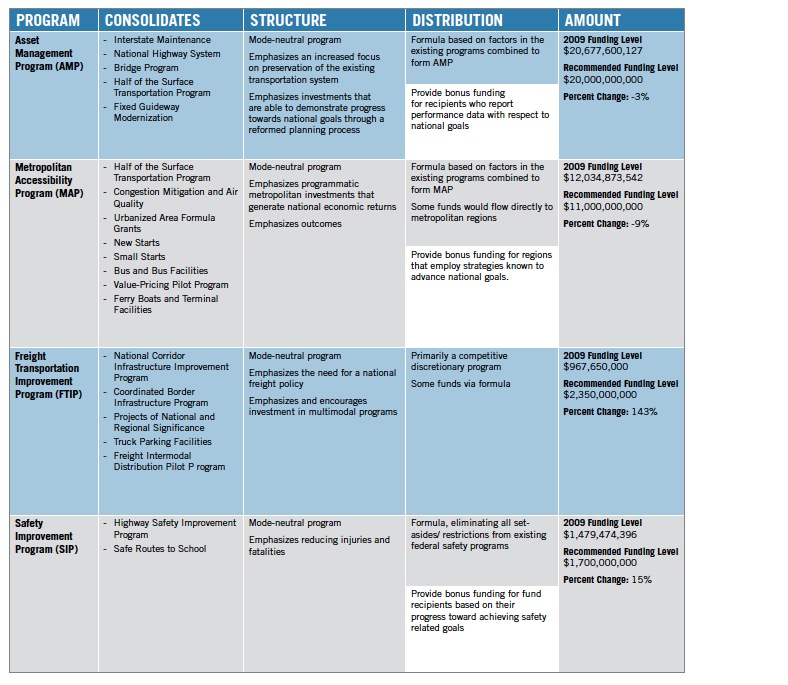

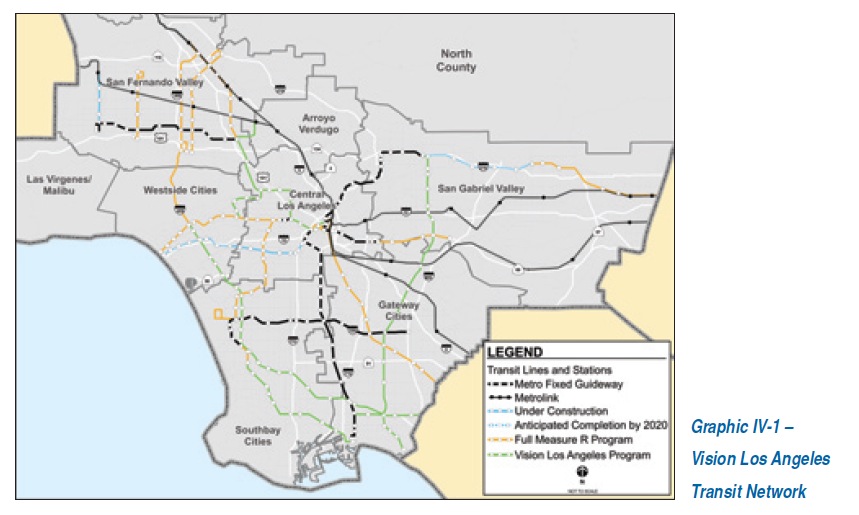
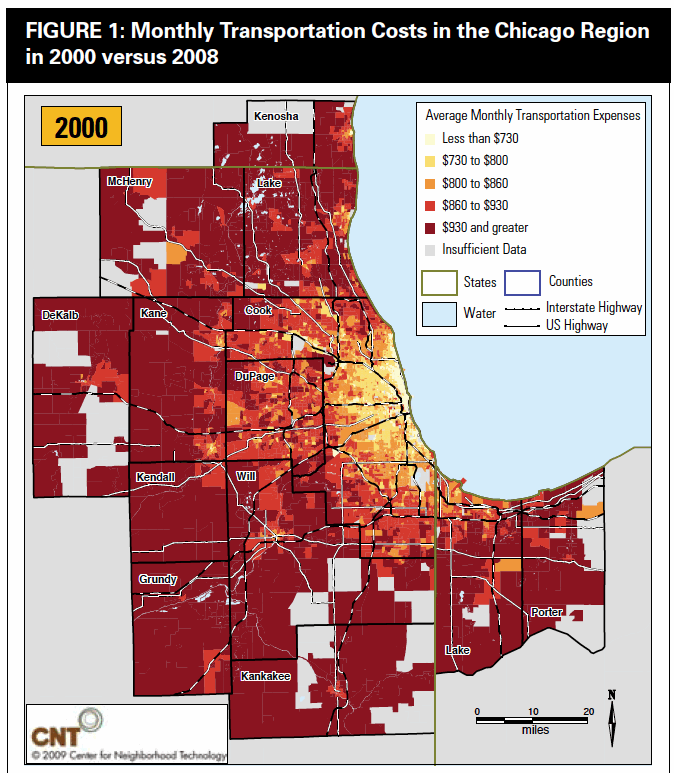
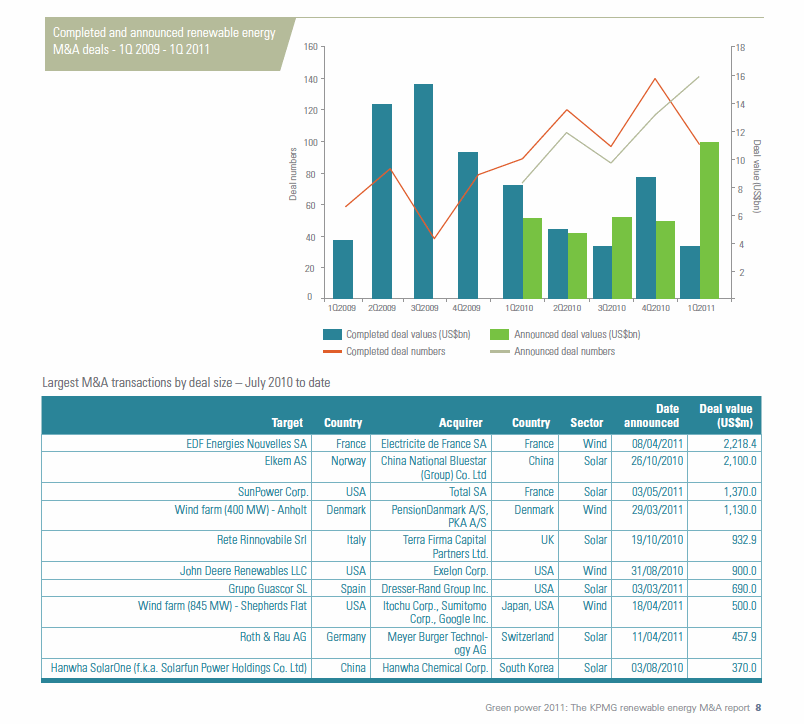
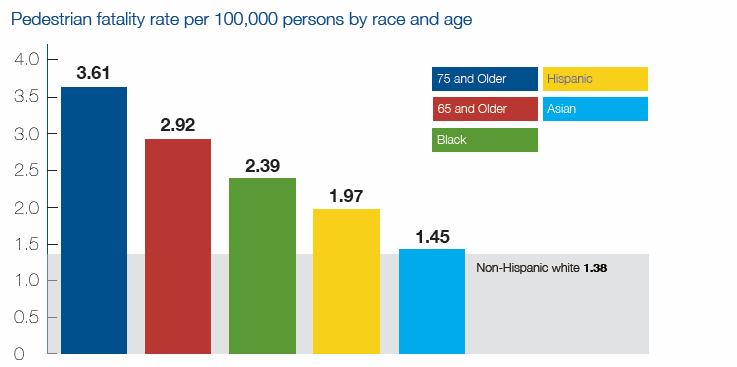
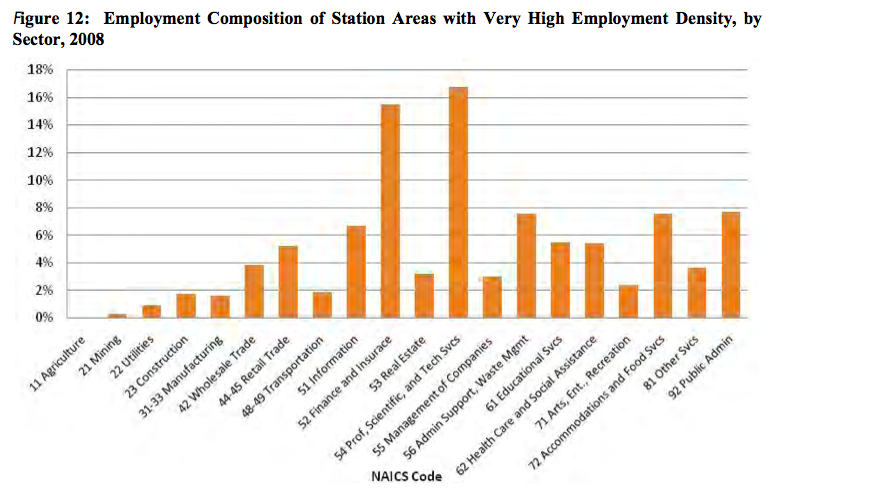
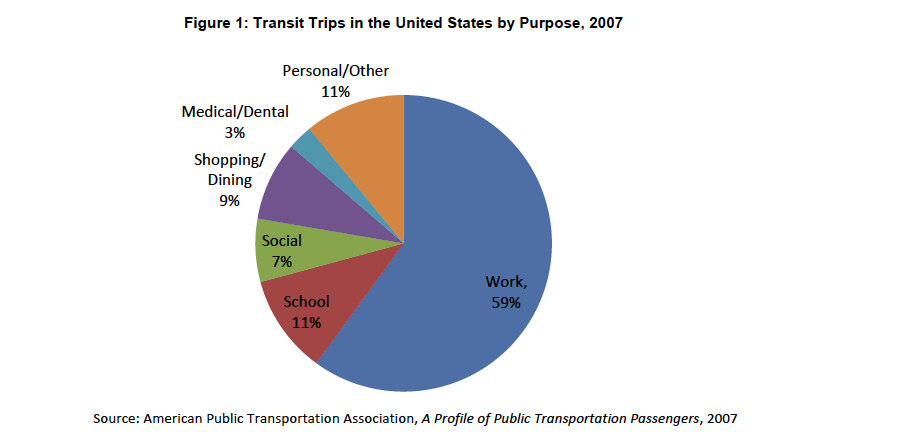

 RSS Feed
RSS Feed